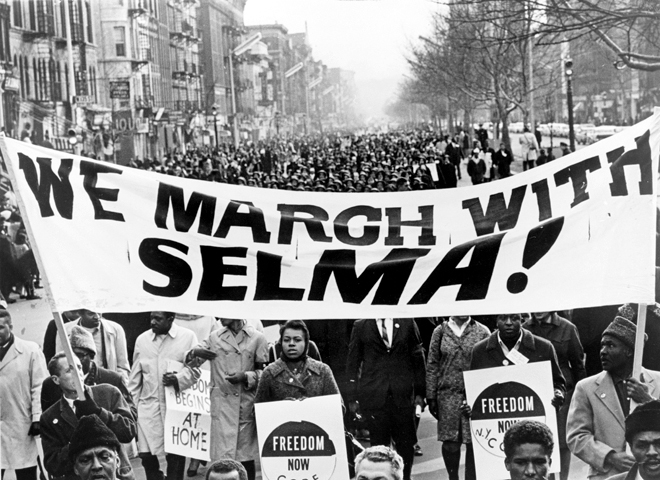
Report of the Joint Committee on Reconstruction June 20 1866
A claim for the immediate admission of senators and representatives from the so called Confederate States has been urged, which seems to your committee not to be founded either in reason or in law, and which cannot be passed without comment. Stated in a few words, it amounts to this: That inasmuch as the lately insurgent States had no legal right to separate themselves from the Union, they still retain their positions as States, and consequently the people thereof have a right to immediate representation in Congress without the imposition of any conditions whatever. . . . It has even been contended that until such admission all legislation affecting their interests is, if not unconstitutional, at least unjustifiable and oppressive.
It is believed by your Committee that these propositions are not only wholly untenable, but, if admitted would tend to the destruction of the government.
It must not be forgotten that the people of these States, without justification or excuse, rose in insurrection against the United States. They deliberately abolished their State governments so far as the same connected them politically with the Union. . . . They opened hostilities and levied war against the government. They continued this war for four years with the most determined and malignant spirit. . . . Whether legally and constitutionally or not, they did, in fact, withdraw from the Union and made themselves subjects of another government of their own creation. And they only yielded when they were compelled by utter exhaustion to lay down their arms . . . expressing no regret, except that they had no longer the power to continue the desperate struggle****
***With such evidence before them, it is the opinion of your committee
- That the States lately in rebellion were, at the close of the war, disorganized communities, without civil government, and without constitutions or other forms, by virtue of which political relations could legally exist between them and the federal government.
- That Congress cannot be expected to recognize as valid the election of representatives from disorganized communities, which, from the very nature of the case, were unable to present their claim to representation under those established and recognized rules, the observance of which has been hitherto required.
- That Congress would not be justified in admitting such communities to a participation in the government of the country without first providing such constitutional or other guarantees as will tend to secure the civil rights of all citizens of the republic; a just equality of representation; protection against claims founded in rebellion and crime; a temporary restoration of the right of suffrage to those who had not actively participated in the efforts to destroy the Union and overthrow the government, and the exclusion from positions of public trust of, at least, a portion of those whose crimes have proved them to be enemies to the Union, and unworthy of public confidence."
'via Blog this'







